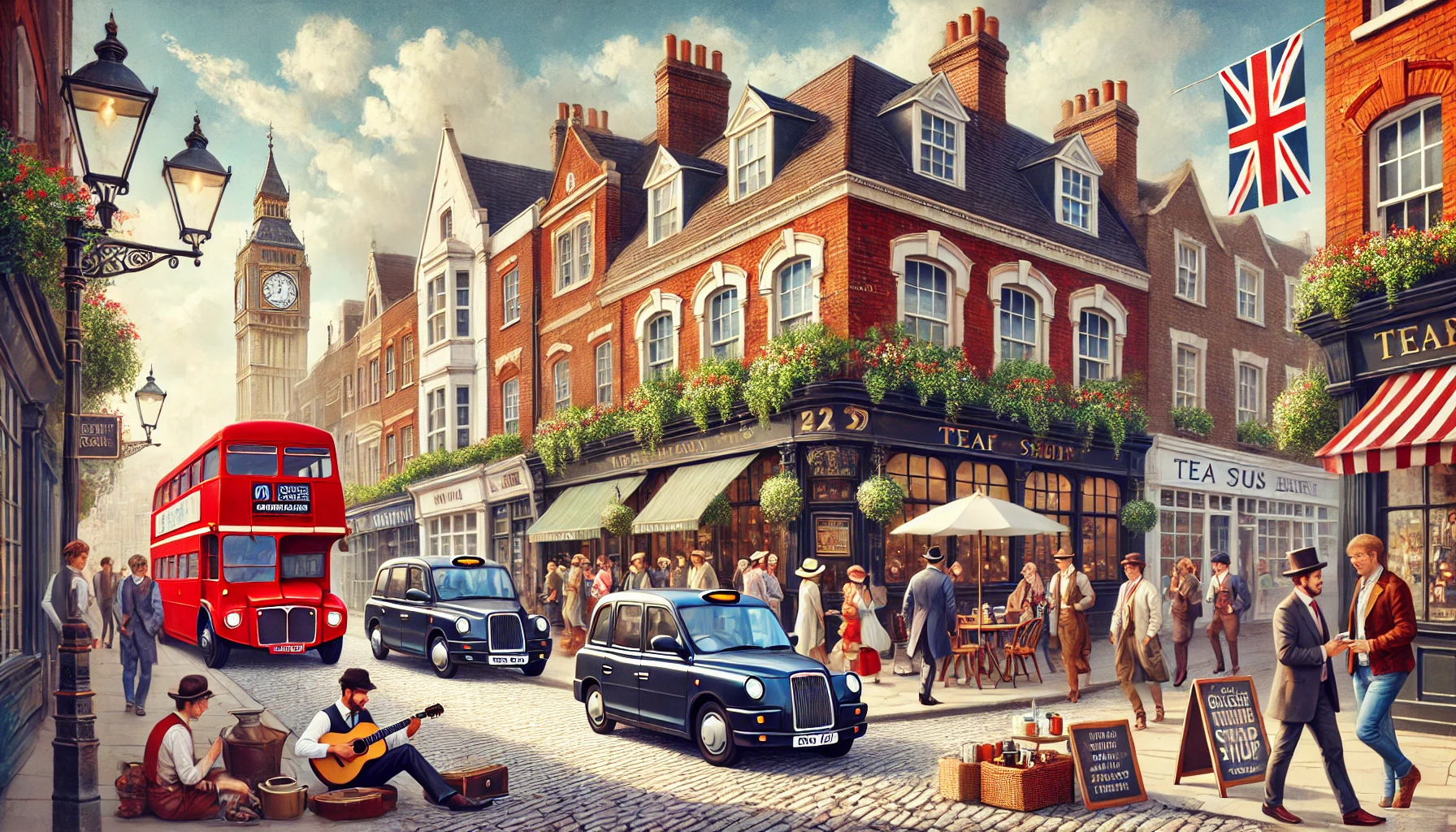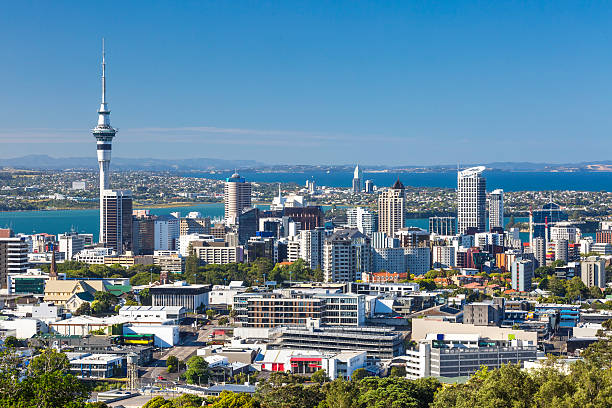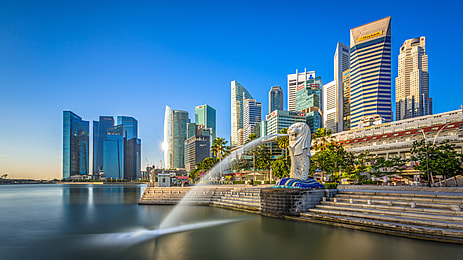France Travel Guide: All you need to know to visit France in 2025
Welcome to France
France, formally known as the French Republic, is a country located in Western Europe. It is famous for its rich history, diverse culture, and global influence in various fields such as art, literature, cuisine, and fashion. France has a reputation as a global leader in areas like technology, aerospace, and medicine. It is also famous for its iconic landmarks like the Eiffel Tower, the Louvre Museum, and the Palace of Versailles.
Geography:
France covers an approximate area of 551,695 square kilometers. It is, therefore, the third largest country in Europe after Russia and Ukraine and the 49th largest in the world. France borders Belgium, Luxembourg, Germany, Switzerland, Italy, Monaco, Spain, and Andorra. It also shares maritime borders with the United Kingdom. The country has a diverse landscape that includes mountain ranges such as the Alps, the Pyrenees, and the Massif Central, as well as fertile plains like the Loire Valley and the Rhone Valley. The country is also known for its picturesque coastline along the Mediterranean Sea, the Atlantic Ocean, and the English Channel.
Climate:
France has a varied climate due to its diverse geography. A temperate maritime climate with mild winters and cool summers characterizes the environment in the country’s northern region. In contrast, in the southern part, the climate is Mediterranean, typified by hot and dry summers and mild and wet winters. The mountainous areas have a colder climate with heavy snowfall in winter. The western coastal regions are known for their gentle, damp climate.
Population:
As of 2023, the population of France is estimated to be around 67 million people. The capital and largest city is Paris, one of Europe’s most populated cities. France has a diverse population with various ethnicities and cultural backgrounds. The majority of the population speaks French, which is the official language of the country.
Government:
France is a democratic country with a semi-presidential system of government. The President, the head of state, is elected for a five-year term and has significant powers. The head of government in Finland is the Prime Minister, who the overall ruler selects. The French Parliament is a bicameral system consisting of the National Assembly and the Senate. The National Assembly is the lower house, with members elected for a five-year term, and the Senate is the upper house, with members elected indirectly for a six-year term.
Languages:
French is the formal language of France and is spoken by most of the population. However, regional languages, such as Breton, Occitan, Corsican, and Alsatian, are also spoken in certain parts of the country. English is also extensively spoken, especially in urban areas and among the younger generation.
Economy:
France has the world’s sixth-largest economy, with a solid industrial base, a highly educated workforce, and an extensive service sector. The country is a member of the European Union and has a highly developed infrastructure, including an extensive transportation network and a modern telecommunications system. France is a significant export of goods, particularly aerospace, automotive, and luxury goods. Tourism is also a substantial contributor to the economy, with millions of visitors visiting France each year to enjoy its rich cultural heritage, cuisine, and beautiful landscapes. Despite its strengths, France has faced some economic challenges recently, including high public debt levels, a high unemployment rate, and a persistent trade deficit. The government has implemented several economic reforms to address these issues and promote growth and competitiveness.
Religion:
France is known for its secular culture; most people identify as secular or non-religious. However, religion has played a significant role in the country’s history and continues to be a part of its cultural landscape. The predominant religion in France is Christianity, with Catholicism being the most widely practiced Christian denomination. Other Christian denominations, such as Protestantism and Eastern Orthodoxy, also have followers in France. Additionally, there are significant populations of Muslims, Jews, Buddhists, Hindus, and Sikhs, among other religious communities in the country. France is known for its tradition of secularism, enshrined in its laws and constitution, and promotes the separation of religion and state affairs. It’s important to note that France has a long history of religious diversity, and spiritual practices and beliefs have evolved. The country has experienced significant changes in religious demographics and patterns in recent years, with debates and discussions on secularism, religious freedom, and the place of religion in society. France strives to balance its secular traditions and respect the rights and beliefs of its diverse religious communities.
Culture:
French culture is known for its emphasis on art, literature, philosophy, and cuisine. The country’s long history of producing influential writers, artists, and philosophers is considered a global cultural hub. French cuisine is renowned for its gourmet food, with specialties like baguettes, croissants, cheese, wine, and pastries. The country is also known for its fashion industry, with Paris being a global fashion capital.
Recent History:
In recent years, France has faced various challenges, including social and political issues. The country has been grappling with immigration, terrorism, and economic reforms. There have been significant social and political movements in France, including protests against labor reforms, pension reforms, and social inequality. The country has also been addressing environmental issues with efforts toward sustainability and renewable energy sources.
Related Articles

5 min read
How to Experience British Culture Like a Local
Britain is a country rich in history, traditions, and culture. While tourists often visit famous landmarks like Buckingham Palace, Big Ben, and the Tower of London, experiencing British culture like
Read More
5 min read
New Zealand Introduces Key Changes to Post Study Work Visa : What You Should Know
According to the government, this change will provide students with greater flexibility in their academic choices while ensuring they remain eligible to work. For many students, studying abroad is a
Read More
5 min read
The Singapore visa processing time for Indian citizens
Singapore is a small island located in the Malay Peninsula in Southeast Asia. It is one of the most economically developed countries in the world. Singapore is a fantastic place
Read MoreBefore entering French territory, Indian citizens need a permit. Visas are available at French Embassy or consulate located in India.
- Choose the French visa category you need
- Pay online
- please send us your documents using pick up and drop off service
- Upon approval, receive your visa
Between 1 to 2 months
Validity goes up to 90 days within the first 180 days.
One has to apply for an extended stay or residence permit before the expiry of the short-term visa to extend one visa in France.
While citizens of many other countries are required to acquire a visa before they arrive in France for short visits, including family, tourism, and business, Indians are not eligible for a visa on arrival in France. They must therefore obtain a visa in advance.
French travel checklist
- A currency that is Euros
- Travel adapters
- Medications
- Travel documents
- Emergency contact information
- Transportation option
- Travel essentials
